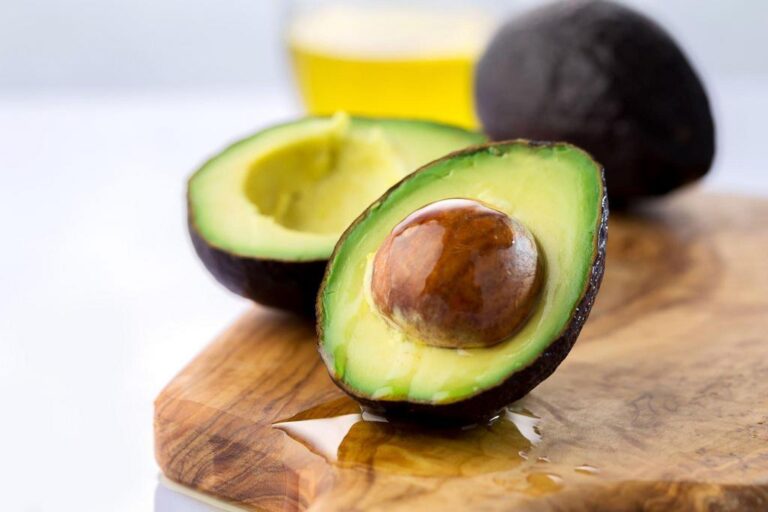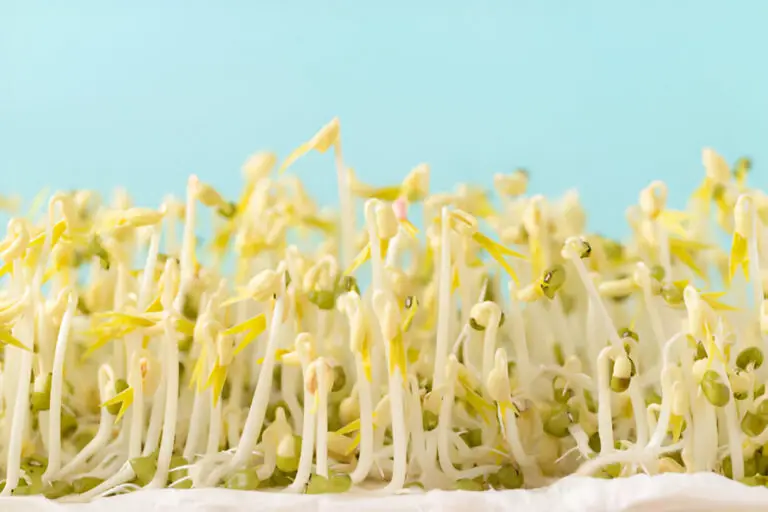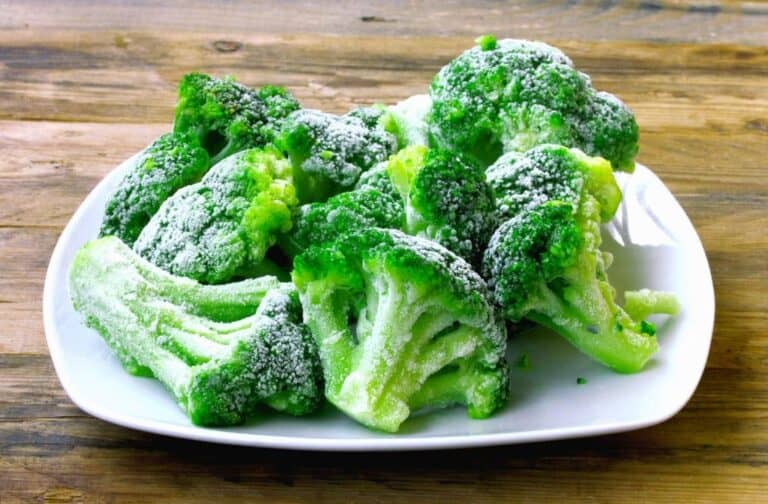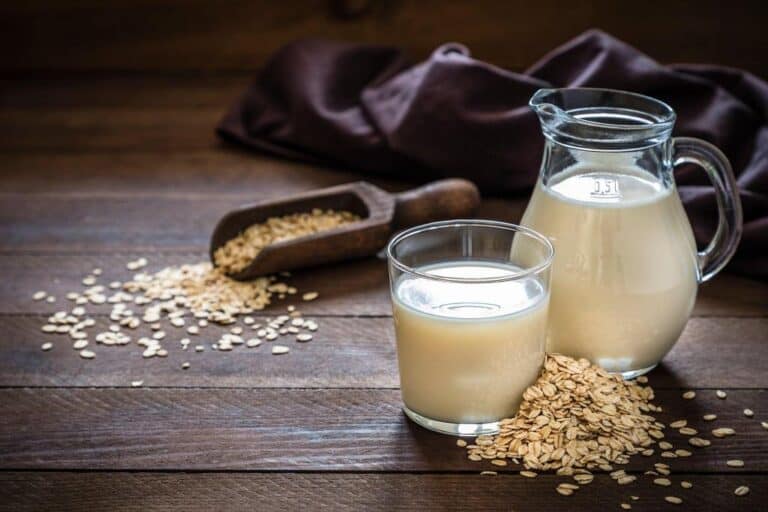How To Make Red Raspberry Leaf Tea To Induce Labor
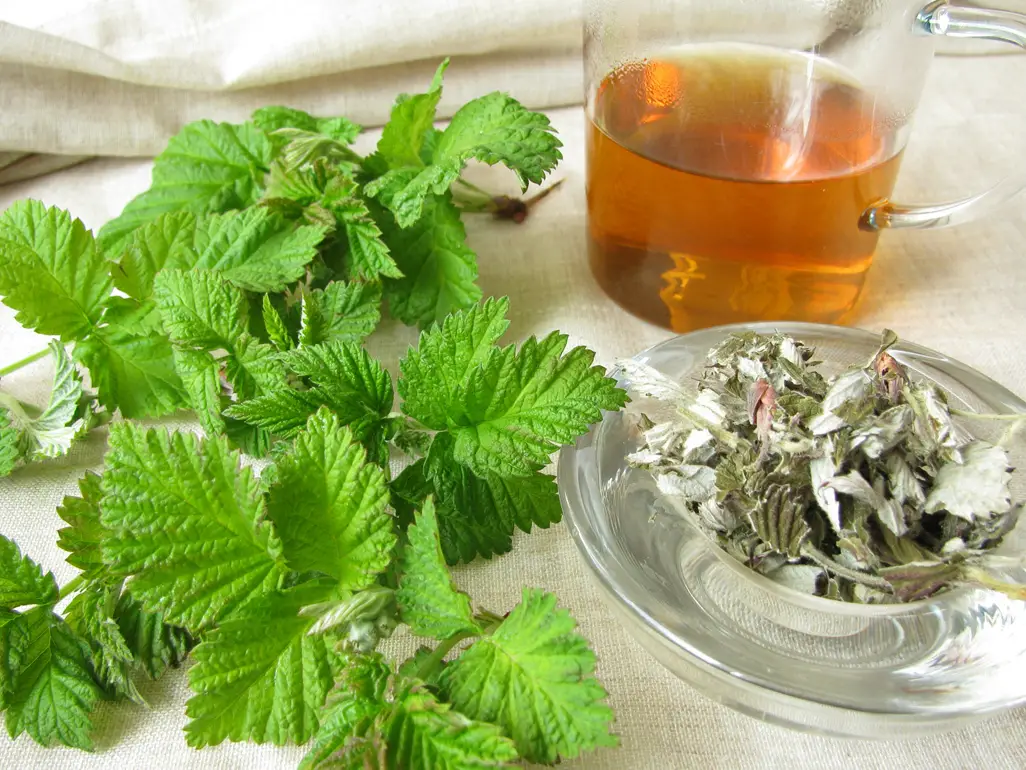
As an expectant mother, I often find myself wandering through the various old wives’ tales and herbal remedies that promise to prepare our bodies for labor. One of the most intriguing methods I stumbled upon is the use of red raspberry leaf tea. Known for its historical significance and purported benefits, red raspberry leaf tea is a favorite among pregnant women.
Let me take you on my journey of discovering this tea, how to brew it, and its potential role in inducing labor.
What Is Red Raspberry Leaf Tea?
Red raspberry leaf tea comes from the leaves of the red raspberry plant, scientifically known as Rubus idaeus. This herbal tea has long been celebrated in traditional medicine for its numerous health benefits, especially during pregnancy.
The leaves are rich in vitamins and minerals, particularly iron, calcium, and magnesium, making them a great addition to a pregnant woman’s diet.
Many women, including myself, have turned to this natural remedy in the hope of easing labor. It’s believed that the tea can tone the uterine muscles, which might help facilitate contractions when the time comes.
Another potential benefit of drinking red raspberry leaf tea is that it may help to reduce the risk of postpartum hemorrhage. Some studies have shown that drinking red raspberry leaf tea may help to increase the strength of the uterus muscles. This may help to reduce the risk of postpartum hemorrhage.
However, while the research is limited, anecdotal evidence suggests that many women swear by it!
| Also read: How to Make Tea Concentrate with Tea Bags |
How to Choose High-Quality Red Raspberry Leaf Tea
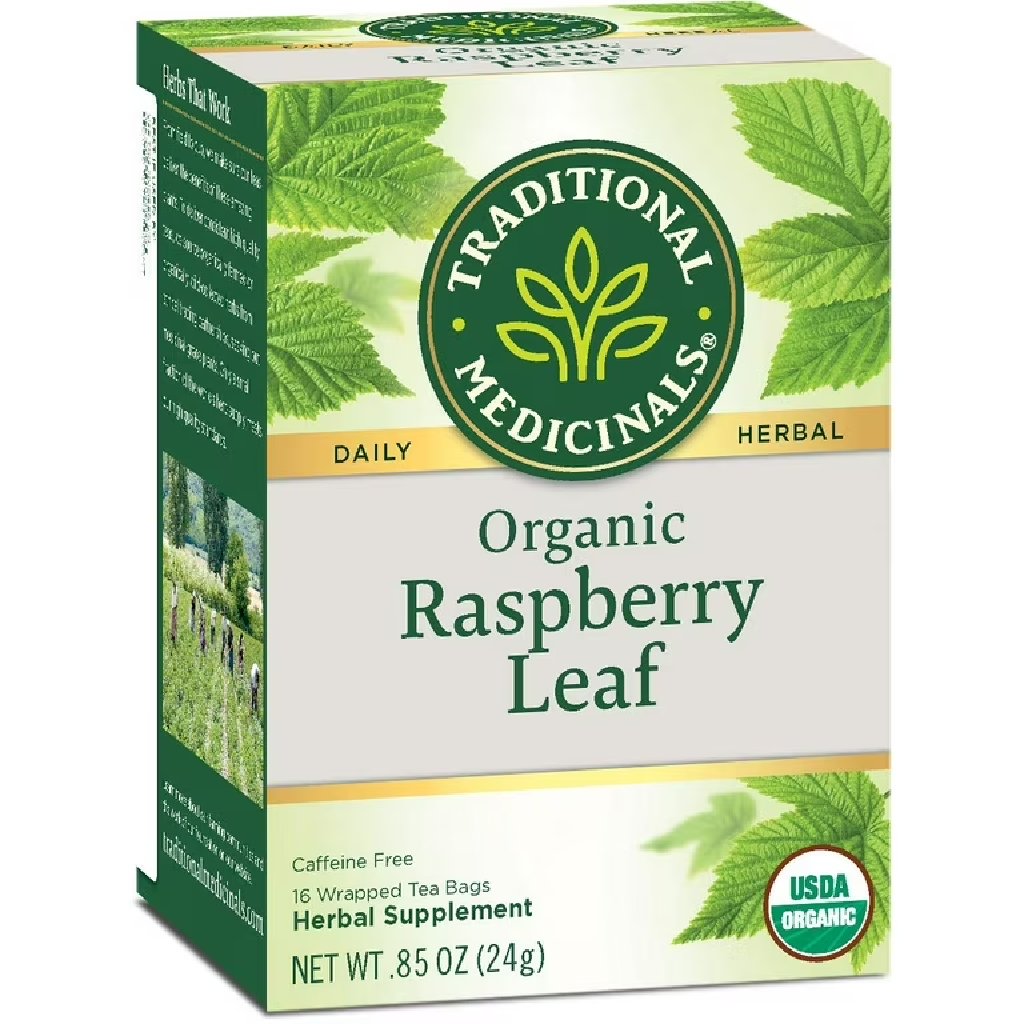
Choosing high-quality red raspberry leaf tea can enhance your experience and maximize its benefits, especially if you’re using it for purposes like inducing labor or supporting menstrual health.
First, pay attention to the source of the tea. Opt for organic options whenever possible, as this ensures the leaves are free from harmful pesticides and chemicals. Brands that provide clear information about their sourcing and processing practices often offer the best quality.
Next, examine the packaging. High-quality red raspberry leaf tea typically comes in opaque, resealable bags or loose leaf tins. This packaging helps protect the leaves from light, moisture, and air, which can degrade their quality over time.
When you open the package, take a moment to enjoy the aroma; fresh, vibrant tea leaves will have a fragrant, earthy scent that signals their freshness.
Lastly, consider checking customer reviews or ratings to gain insight into the product’s quality. If you can, sample different brands to discover your personal favorite. Whether you prefer loose leaf or bagged tea, investing in high-quality red raspberry leaf tea will make a significant difference in your brewing experience and health benefits.
Brewing Your Red Raspberry Leaf Tea
Making red raspberry leaf tea is incredibly simple, and I found it to be a delightful ritual. Here’s a step-by-step guide to help you brew your own:
Ingredients:
- 1-2 teaspoons of dried red raspberry leaves (available at health food stores or online)
- 1 cup of boiling water
- Honey or lemon (optional, for taste)
Instructions:
- Prepare Your Ingredients: Start by gathering your dried red raspberry leaves. I love using organic leaves to ensure I’m getting the best quality.
- Boil Water: Bring your water to a rolling boil. If you’re like me, using a kettle makes this step feel even more rewarding.
- Steep the Leaves: Place the dried leaves in a tea infuser or directly into your cup. Pour the boiling water over the leaves and let them steep for about 10-15 minutes. This is the moment I savor; the aroma of the tea begins to fill the room.
- Strain and Serve: After steeping, strain the leaves if you didn’t use an infuser. If you like a touch of sweetness, add honey or a slice of lemon. Enjoy your tea while it’s warm, and take a moment to relax and visualize the birth experience you desire.
When and How Often to Drink
I found that moderation is key. As a general rule, you can start drinking red raspberry leaf tea in your third trimester, about 32 weeks into your pregnancy. Initially, I enjoyed one cup a day, then gradually increased to two or three cups as I approached my due date. However, always consult your healthcare provider before making any changes to your diet or herbal intake.
While many women find it beneficial, I made sure to pay attention to how my body responded. If you experience any unusual symptoms, it’s wise to reduce your intake or discontinue use altogether.
Potential Benefits of Red Raspberry Leaf Tea
The benefits of red raspberry leaf tea extend beyond just labor induction. Here are a few reasons I embraced this herbal remedy:
- Uterine Tone: Many believe that the tea can help strengthen the uterine muscles, potentially leading to more effective contractions during labor.
- Nutrient Boost: With its rich content of vitamins and minerals, the tea serves as a natural way to supplement essential nutrients during pregnancy.
- Menstrual Relief: Beyond pregnancy, red raspberry leaf tea is often used to alleviate menstrual cramps and regulate cycles, making it a versatile herb for women.
- Hydration: Drinking this tea can also help maintain hydration, which is crucial during pregnancy.
Safety and Precautions
While I enjoyed red raspberry leaf tea, I kept safety in mind. It’s essential to discuss any herbal remedies with your healthcare provider, especially if you have underlying health conditions or complications during pregnancy. Moreover, avoid using red raspberry leaf tea if you experience any signs of preterm labor.
Conclusion
As I navigated the final stages of pregnancy, red raspberry leaf tea became a comforting ritual for me. The process of brewing, the aroma, and the warmth of the tea felt nurturing and reassuring. While I cannot guarantee it will induce labor for everyone, the benefits of this tea can enhance your pregnancy experience. Remember to listen to your body and consult your healthcare provider for guidance.
Embrace the journey ahead and consider red raspberry leaf tea as part of your toolkit for a healthy pregnancy. Here’s to a smooth labor and a joyful arrival of your little one!

